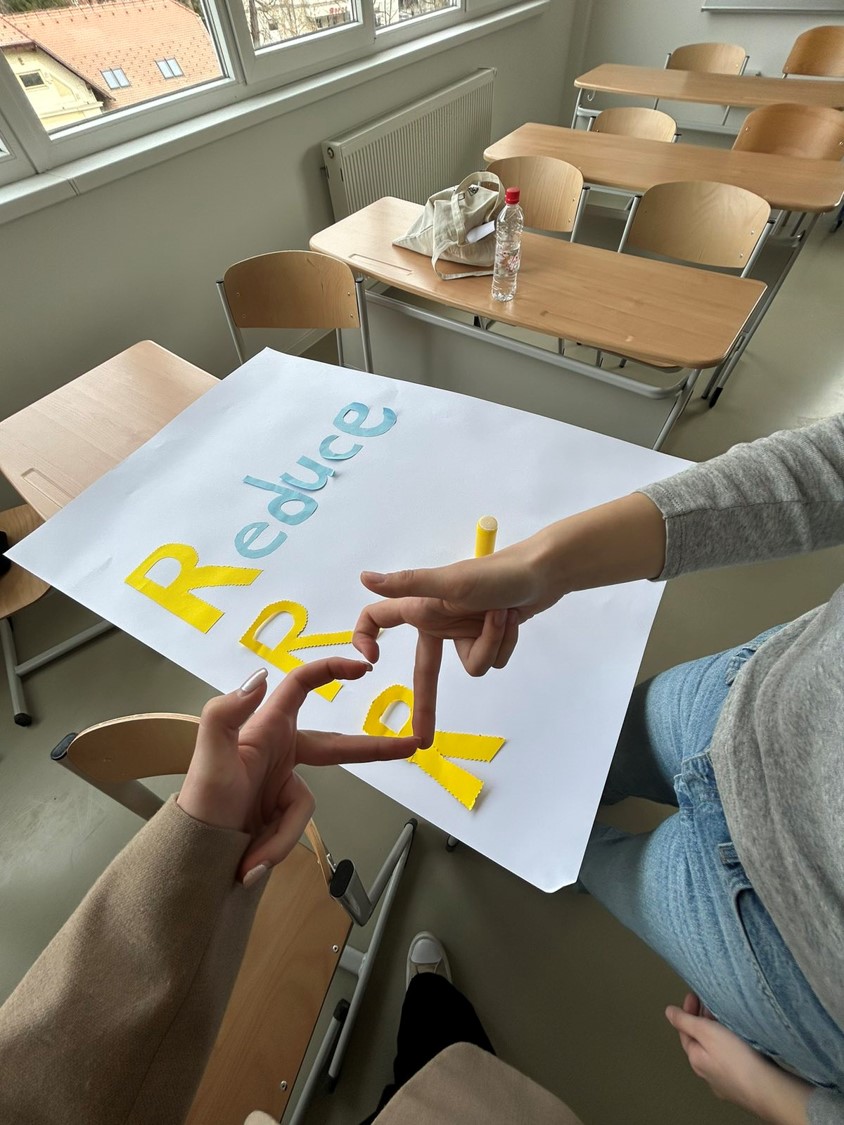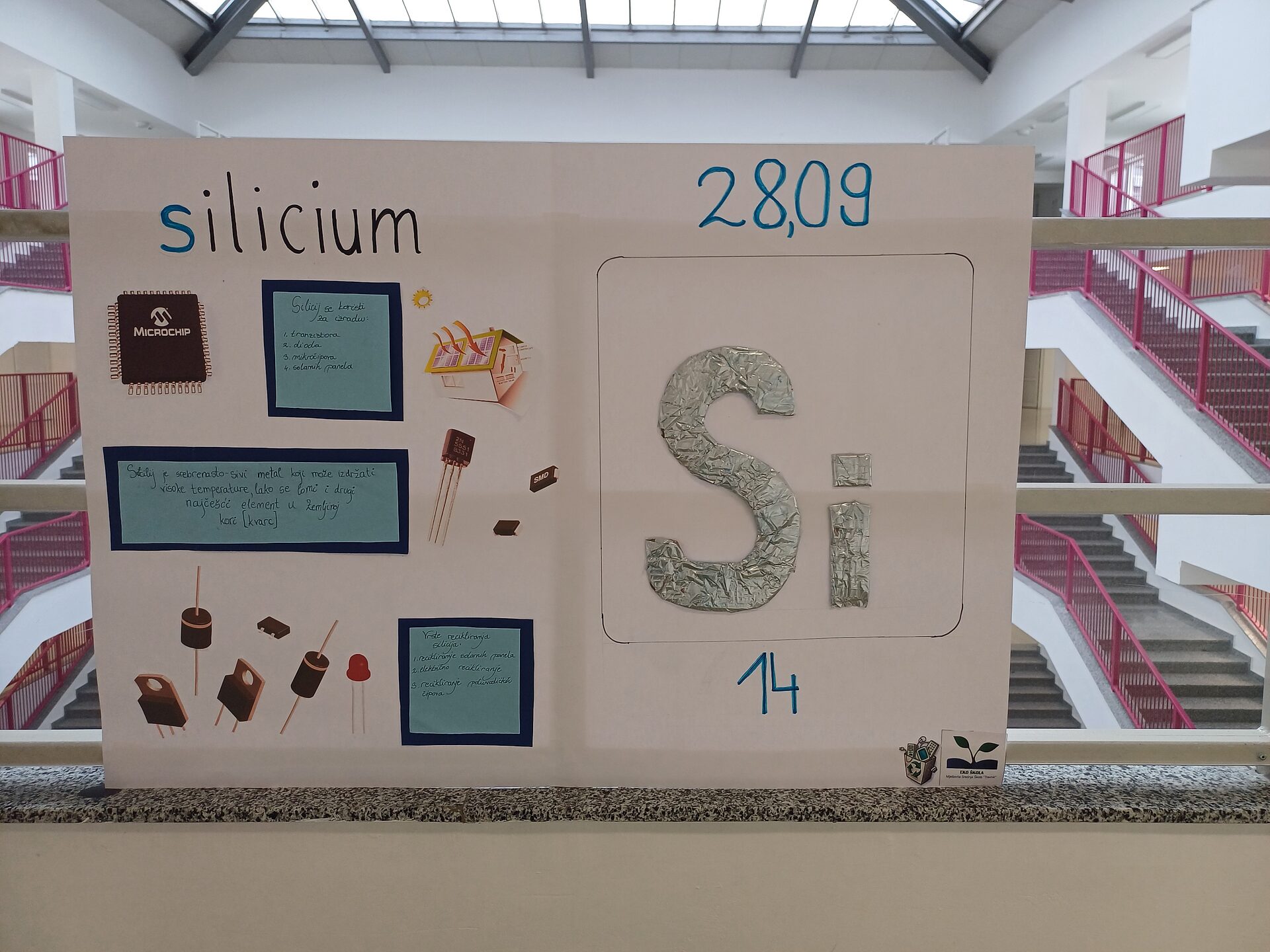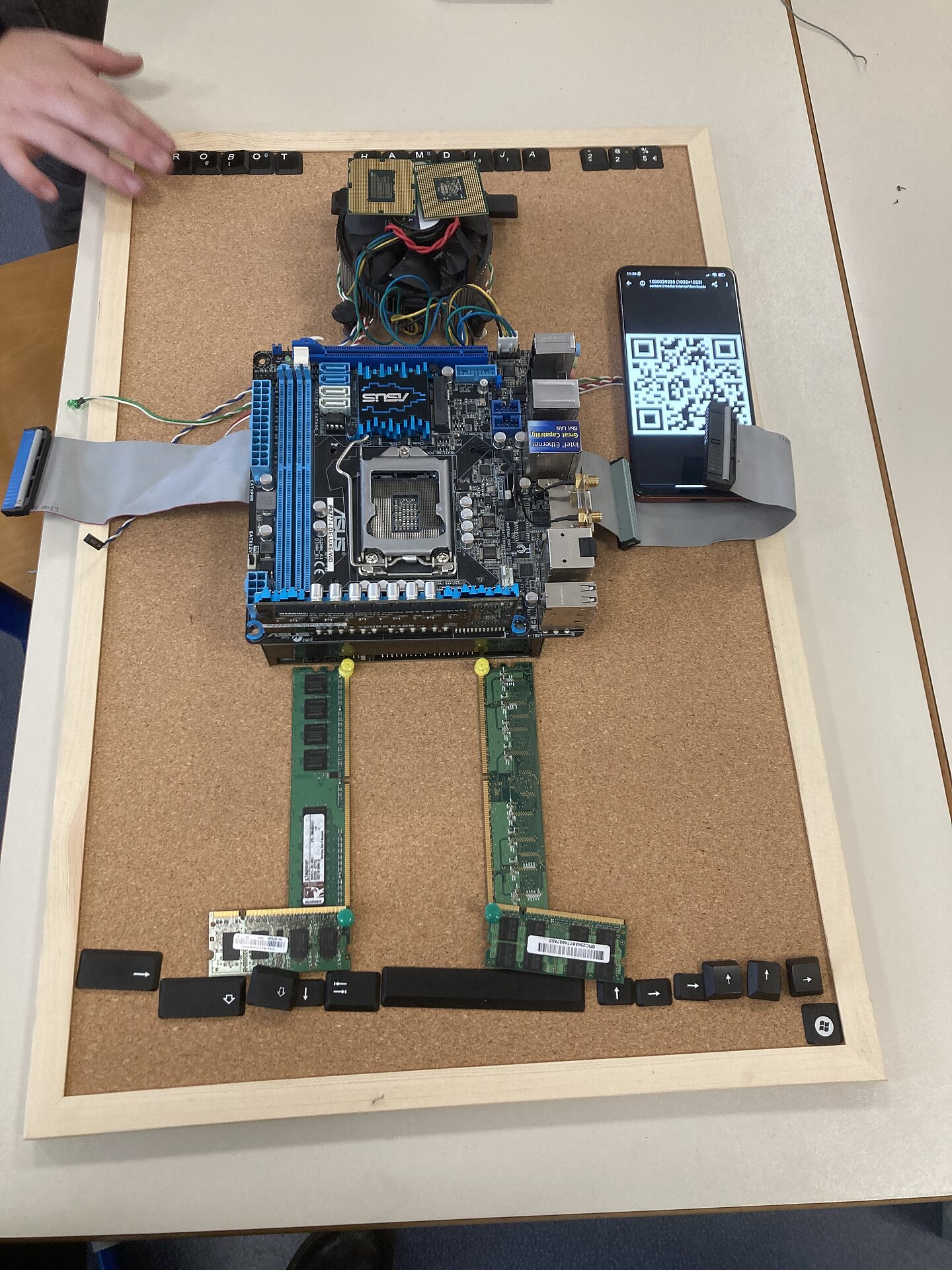Raising awareness among young people and training students in the Canton of Central Bosnia on the environmental and economic relevance of environmentally critical metals and mineral residues and on the potential for conserving resources through recycling
Keywords: Cross-border, climate protection, resource conservation, circular economy, capacity building, knowledge transfer, education for sustainable development
Subject and objectives of the project
Knowledge of the environmental and economic relevance of environmentally critical metals, mineral residues and phosphorus as well as the potential for resource conservation through their recycling form the basis for sustainable economic development within the so-called planetary boundaries. While far-reaching EU-compliant environmental legislation exists in the area of recycling and water management, the implementation of these regulations in the EU accession process of Bosnia and Herzegovina (BiH) has hardly been realized to date. Initial steps towards establishing a circular economy and recycling structures are limited to pilot projects for PET and glass as well as selective private-sector recycling of electronic waste.
The aim of the project is therefore to sensitize young people to the environmental and economic relevance of environmentally critical metals and mineral residues and to qualify students as future decision-makers in order to also leverage the potential of resource conservation through recycling.
As part of the project, an educational concept to promote systemic thinking with action-oriented projects for secondary school pupils (grammar schools) and students at the universities of the Canton of Central Bosnia was developed and implemented on a pilot basis. As part of an “Ecological Week” and a student exchange, the pupils from the participating Central Bosnian and German secondary schools, with the active involvement of teachers and students from the International University of Travnik and local companies, dealt intensively with the topics of climate protection, consumer behavior and resource conservation as well as their own possible contribution to a circular economy.
In order to strengthen their ability to act, students also familiarized themselves with tools that enable an ecological and economic assessment of approaches. Through interactive formats for the exchange of different actors and their perspectives, students from both countries learned how to deal with conflicting goals, complexity and uncertainty. To this end, joint courses were developed at university level in Travnik and Leipzig. The local environmental office in the cantonal capital of Travnik acts as a multiplier, ensuring that the concepts and materials developed are used beyond the end of the project.
Innovation and exemplary nature of the project
The project builds on several years of cooperation between the Leipzig project team and municipal and local stakeholders in the Canton of Central Bosnia. The project will support the implementation and further development of the circular economy concept for all 12 municipalities in the Canton of Central Bosnia in the medium term by actively addressing and involving all stakeholders involved, including the municipal administration and local companies.
There are currently hardly any training opportunities available in Bosnia and Herzegovina in circular economy and resource-related topics as well as in sustainability and transformation management. These need to be expanded – the project has developed a basis for anchoring the necessary content more firmly in university and school curricula.
Local civil society involvement in environmental protection measures and participation in planning and approval procedures is still weak in Bosnia and Herzegovina. By addressing young people, the project aimed to better and more broadly educate the general population about the possibilities of reuse, recycling and closed-loop recycling. At the same time, possibilities were identified as to how the economy can be aligned with fundamental EU strategic approaches such as the Green Deal and a circular economy and thus developed more sustainably.



Funding topic 8: Recycling and efficient use of environmentally critical metals and mineral residues
Project implementation:
- Leipzig University, Institute for Infrastructure and Resource Management (IIRM), Chair of Water Management and Climate Adaptation
- T&T business consulting GmbH & Co KG, Leipzig
- International University of Travnik
Associated partners:
- Mixed School/Gymnasium Travnik (MSŠ Travnik)
- Wiprecht Grammar School, Groitzsch
- Humboldt School, Leipzig
Places of work: Travnik in Bosnia and Herzegovina, Leipzig in Germany
Funding period: January 2023 to September 2024
Project costs: Total volume: 129,987 euros, funding from DBU: 124,887 euros
DBU-AZ: 38553
Status: 20.08.2024
Cover picture: MSŠ “Travnik” u Travniku